A Celebration with Political Overtones
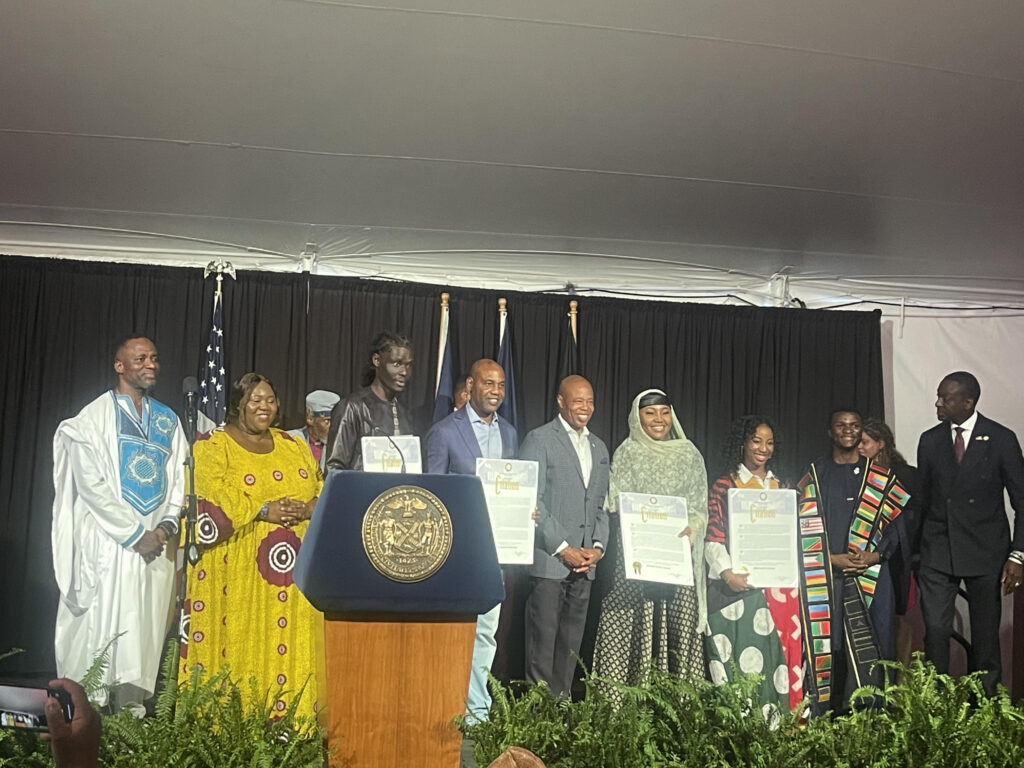
“Family photo from the African Heritage Day awards ceremony at Gracie Mansion. At the center, Mayor Eric Adams stands alongside the honorees recognized by the City of New York. On the far left, Deputy Commissioner Famod Konneh of the Community Affairs Unit, next to Commissioner Assata Kamara . On the far right, New York City Council Member Yusef Salaam joins the group of award recipients.”
Mayor Adams, speaking with the passion that has come to define his relationship with immigrant communities, reminded the audience of the historic moment they are living in. “Do not downplay the role you have in America right now,” he said, citing African Americans and African-born leaders in positions of influence across the country from attorneys general to district attorneys, from citywide elected officials to mayors of major cities. His message was clear: the African diaspora is no longer on the margins of American politics but woven into its leadership.
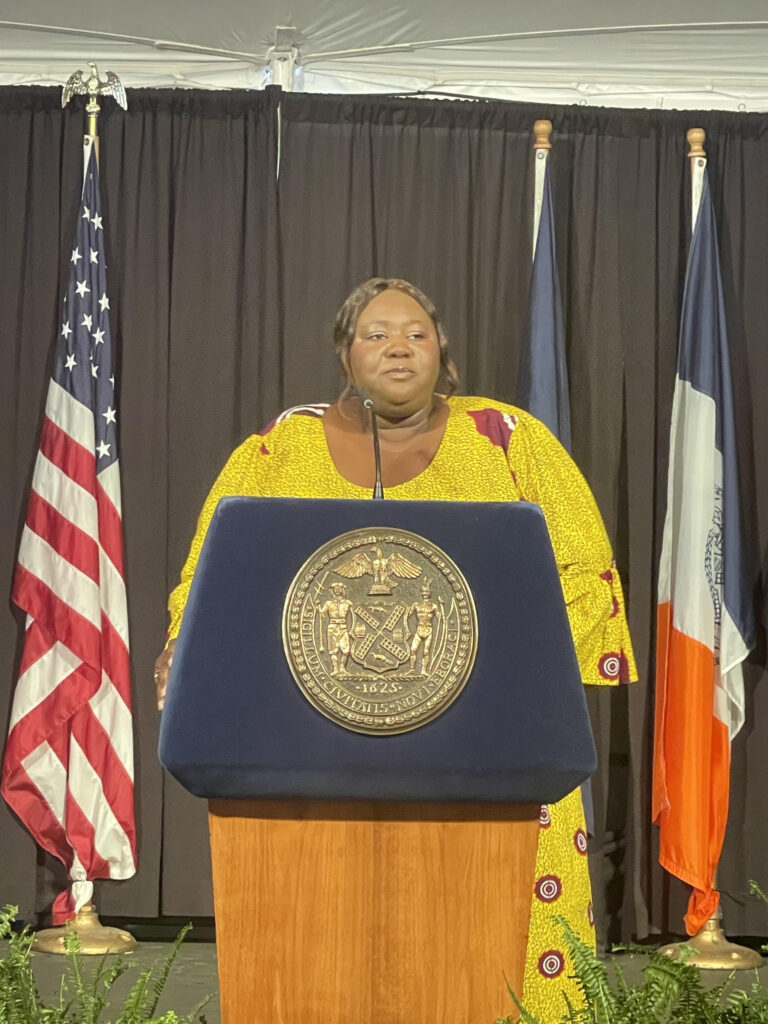
“Commissioner Aissata Kamara delivers remarks at the African Heritage Day celebration held at Gracie Mansion on September 4, 2025, acknowledging Mayor Eric Adams’ leadership and support in advancing representation within New York City’s government. Photo credit: Les Indomptables Magazine
Diaspora Leaders Take the Stage
The Mayor’s words were echoed by prominent voices within the African community, notably Commissioner Aissata Kamara and Deputy Commissioner Fomo Konde. Kamara, the first African-born woman to become a commissioner in New York City, underlined the historic breakthrough that her appointment represented: “It took Mayor Eric Adams to make me a commissioner”. She framed her role not as an end, but as a beginning an invitation for others in the community to claim space in the city’s institutions.
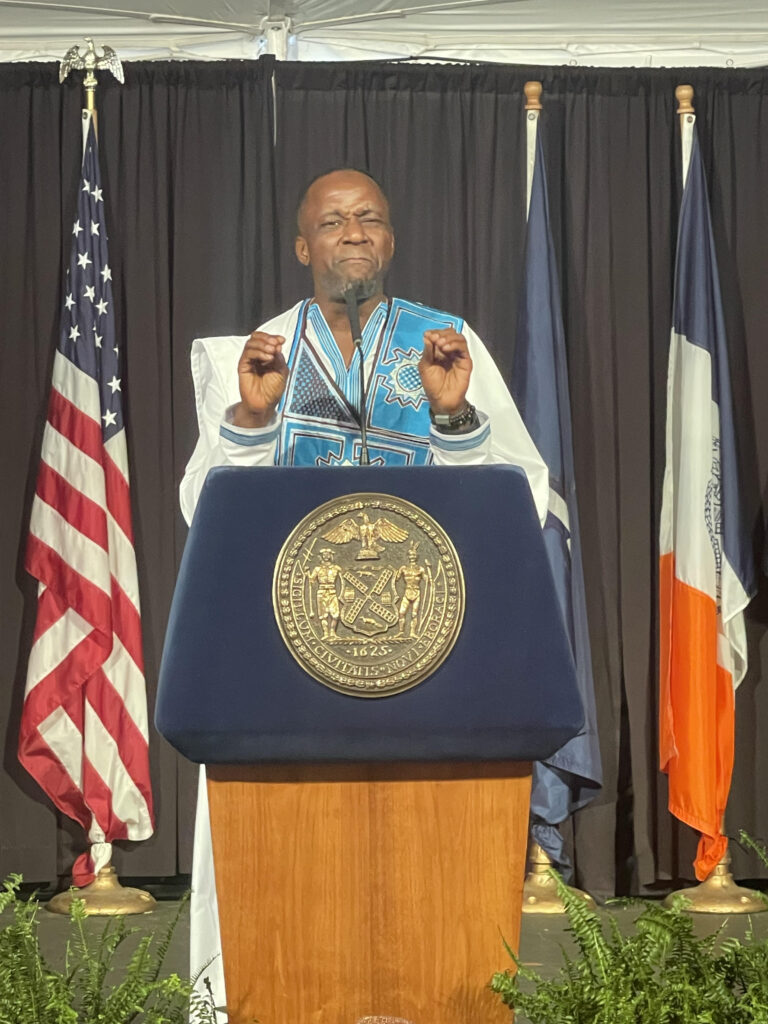
“Deputy Commissioner Famod Konneh of the Community Affairs Unit delivers a passionate speech on the unity and diversity of the African diaspora as a source of cultural wealth for New York City, during the African Heritage Day celebration at Gracie Mansion on September 4, 2025. Photo credit: Les Indomptables Magazine.”
Famod Konneh emphasized unity, urging Africans from across the five boroughs and from every corner of the continent to recognize their collective power. The diversity present Zimbabweans, Ghanaians, Cameroonians, Moroccans, Senegalese reflected both the richness and the potential of an African bloc that could translate cultural influence into civic strength.
Context: The African Diaspora and New York Politics
The political context surrounding this year’s celebration cannot be ignored. The African diaspora in New York has grown significantly, not just in numbers but in organizational capacity. Associations, professional networks, and cultural groups are now consolidating around a shared narrative: Africans are no longer content to be celebrated for food, music, or colorful attire; they want their voices heard in policy debates, budget priorities, and electoral politics.
For Mayor Adams, whose administration has consistently highlighted ethnic and immigrant communities, the African diaspora represents both an opportunity and a challenge. On the one hand, embracing diaspora groups strengthens his image as a mayor of all New Yorkers. On the other, the growing political maturity of these communities means they are increasingly positioned to demand concrete policy outcomes—better access to city contracts, representation in agencies, and recognition of African heritage within the broader fabric of New York’s diversity.
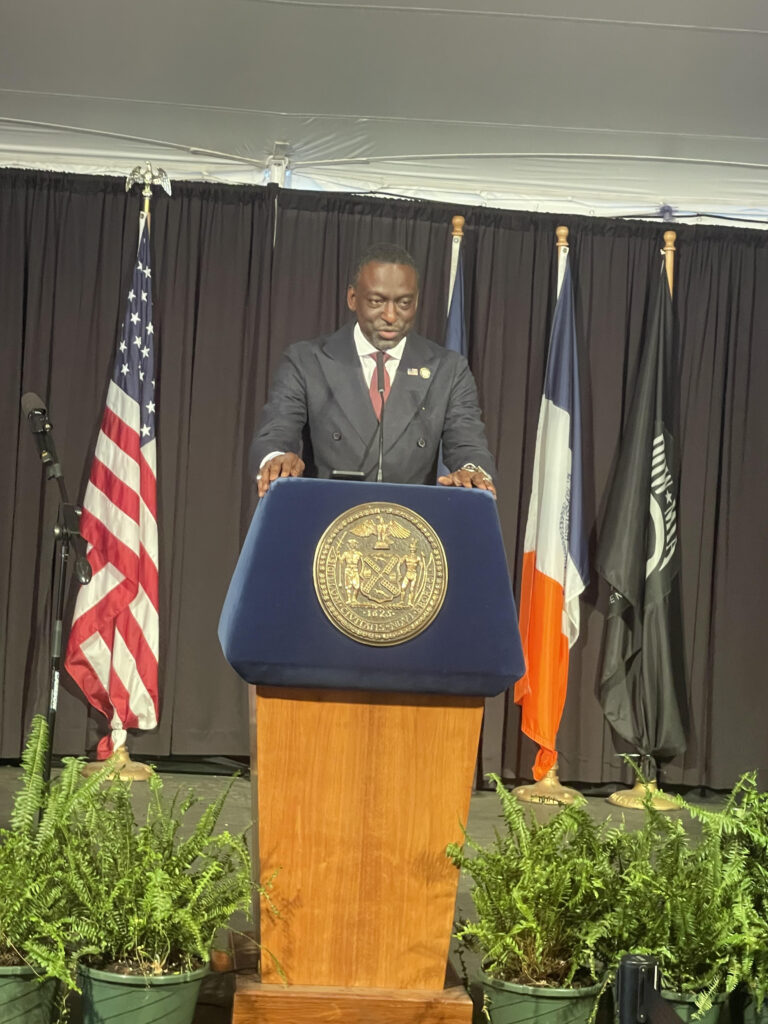
“New York City Council Member Dr. Yusuf Salaam, representing Harlem, addresses the audience at the African Heritage Day celebration at Gracie Mansion on September 4, 2025. In a powerful speech recalling his journey from wrongful conviction as one of the ‘Exonerated Five’ to public office, he declared: ‘I went from being rejected, to selected, to now being elected.’ Photo credit: Les Indomptables Magazine.”
Electoral Perspectives
Looking ahead, the event at Gracie Mansion also carries electoral implications. With a possible re-election campaign on the horizon, Mayor Adams is consolidating his relationship with African and Afro-descendant voters. His presence at African heritage events is not merely symbolic; it signals a recognition that diaspora communities are fast becoming decisive in shaping political outcomes across boroughs like the Bronx, Brooklyn, and Queens.
For the diaspora itself, the evening was a rehearsal in political unity. Leaders called for Africans to stand together, to “make sure that our voices are heard in New York City”. If such unity is achieved, the African diaspora could evolve into a formidable electoral constituency one capable of influencing mayoral races, council elections, and beyond.
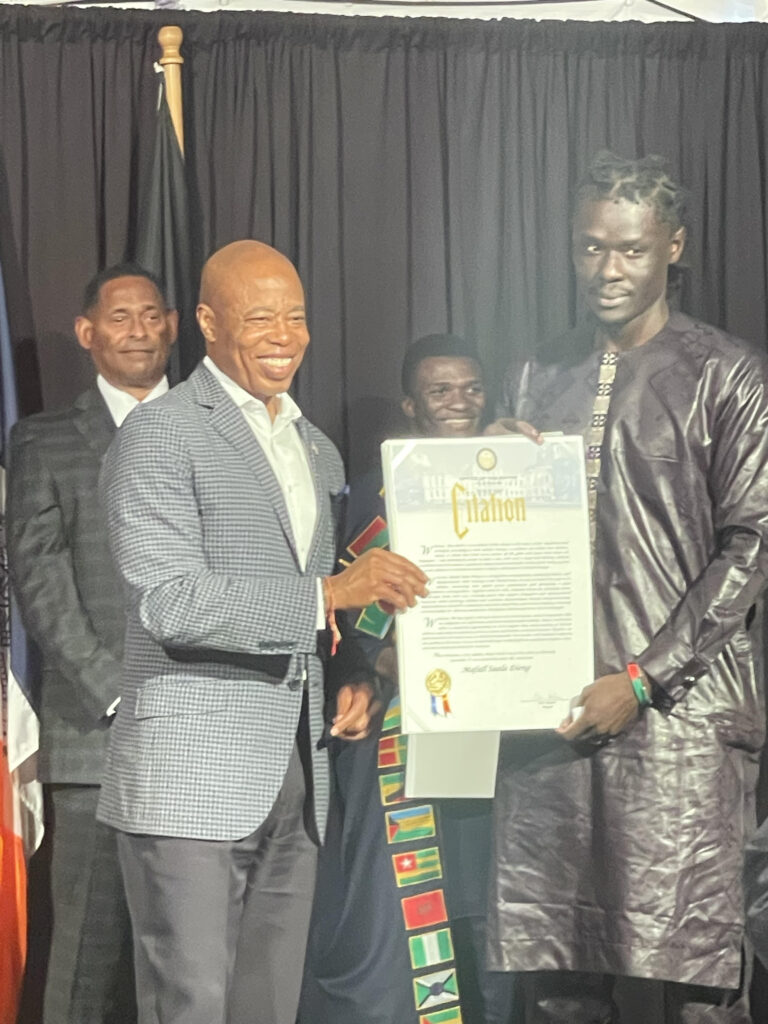
“Mayor Eric Adams presents a Citation of Honor to Mafall Saala Dieng, a young entrepreneur from Senegal, during the African Heritage Day celebration at Gracie Mansion on September 4, 2025. In just ten years in the United States, Dieng has achieved remarkable integration through sustained economic activity. Photo credit: Les Indomptables Magazine.”
From Culture to Civic Power
What emerged from Gracie Mansion on September 4 was more than a celebration of heritage. It was a political signal: the African diaspora is not only proud of its roots but conscious of its role in shaping the future of New York. Mayor Adams’ recognition of this fact, combined with the calls for unity from diaspora leaders, points to a new phase where cultural events double as civic mobilization platforms.
As Adams himself concluded: “Up, you mighty people. You can be what you will”. The challenge for the African diaspora is to transform that affirmation into sustained political influence—an influence that could redefine both the city’s institutions and its electoral map.


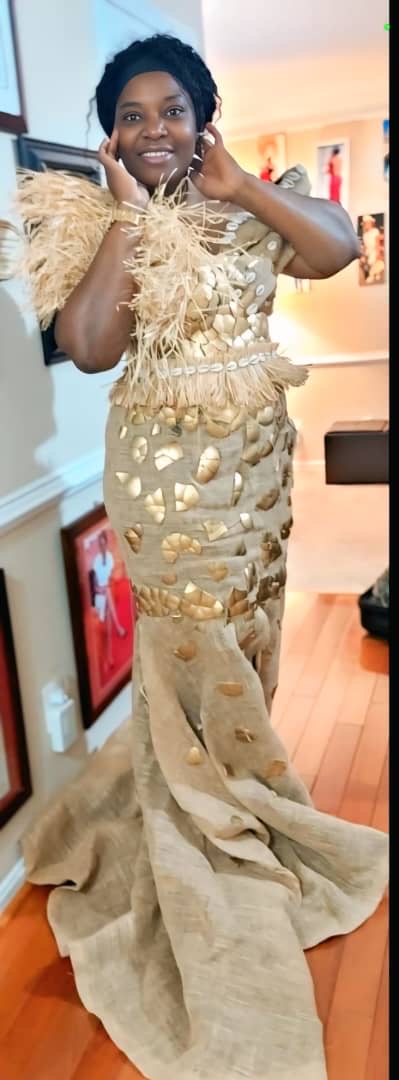
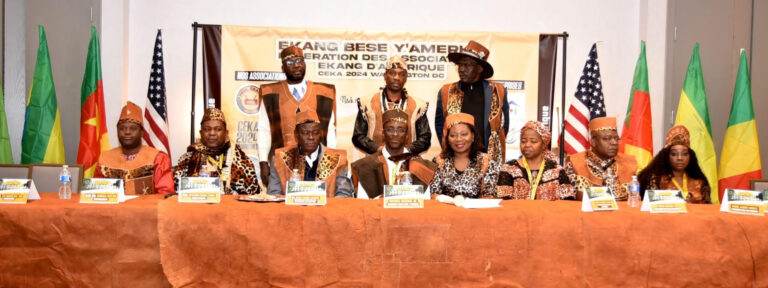
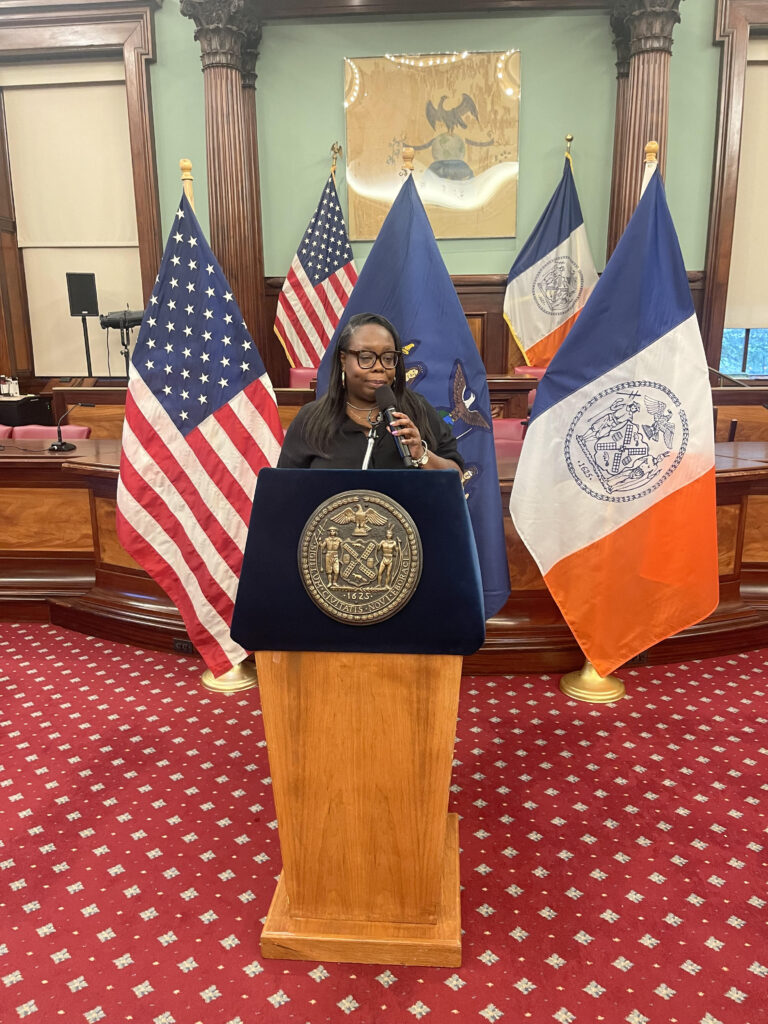
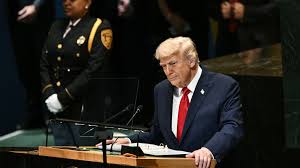
https://shorturl.fm/RbE7l
https://shorturl.fm/97KWz
https://shorturl.fm/ItJ5v